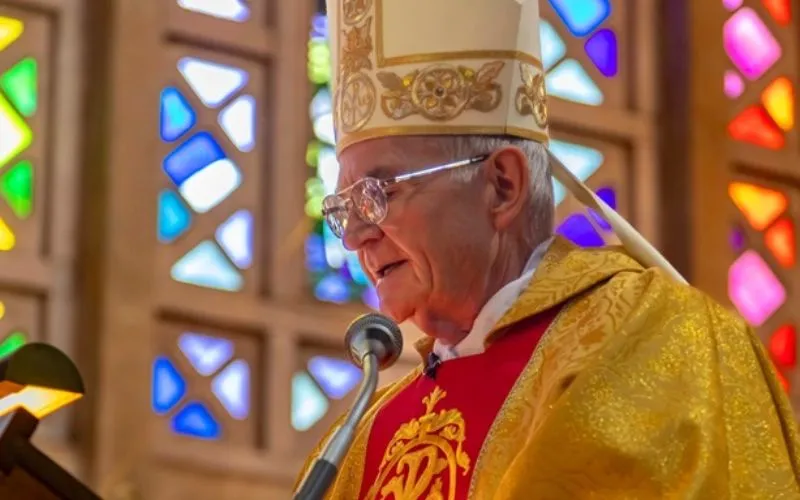Johannesburg, 07 September, 2020 / 8:28 pm (ACI Africa).
On the maiden International Day of Clean Air for blue skies marked Monday, September 7 under the theme “Clean Air for All,” a member of the Society of Jesus (Jesuits) ministering in South Africa has reflected on what he says is the irony of COVID-19 lockdown contributing to cleaner air and clearer skies.
In the Monday, September 7 reflection published by the Jesuit Conference of Africa and Madagascar (JCAM), Fr. Rampe Hlobo says that although COVID-19 has had a “devastating effect on many things” including world economies, it has also “briefly and ironically resulted in desirably cleaner air and clearer skies.”
“As the virus ravaged lives, countries went under severe lockdowns; travel restrictions, together with industrial downturn, saw air pollution dropping,” he says and adds, “The air cleared, mother earth and her creatures had a chance to breathe again.”
The quality of the air we breathe, Fr. Rampe notes, also “improved dramatically as pollution decreased, thanks to the temporary restrictions.”
The South Africa-based Jesuit Cleric considers the clearing of the air during COVID-19 lockdown as “just one more piece of empirical evidence that our economic activities have been creating serious pollution.”








